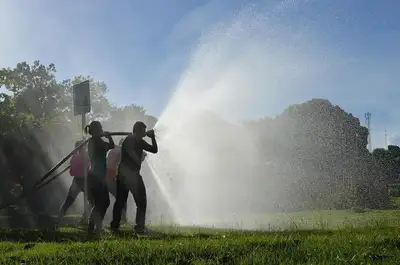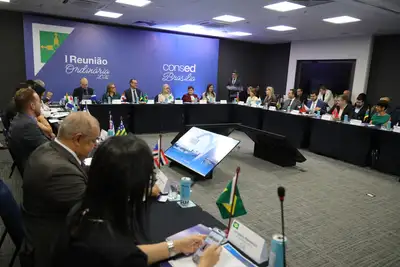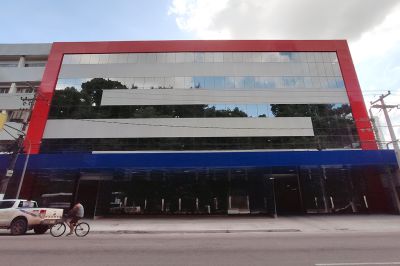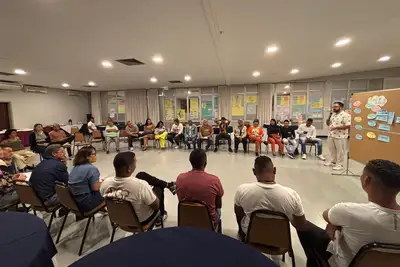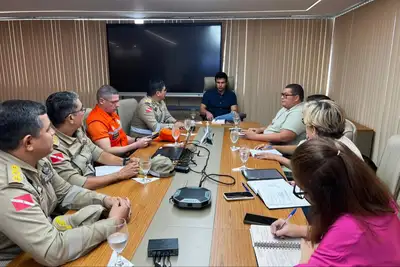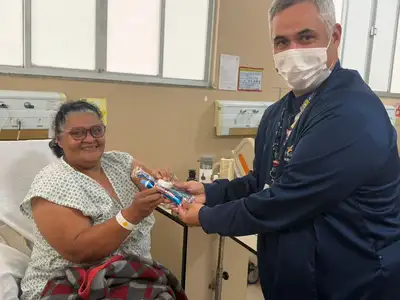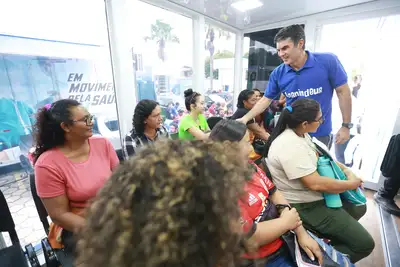Pará hosts international event that strengthens the network of Human Milk Banks
The Milk Bank of Santa Casa is a reference in the Northern region for its excellent work in supporting breastfeeding and caring for newborns
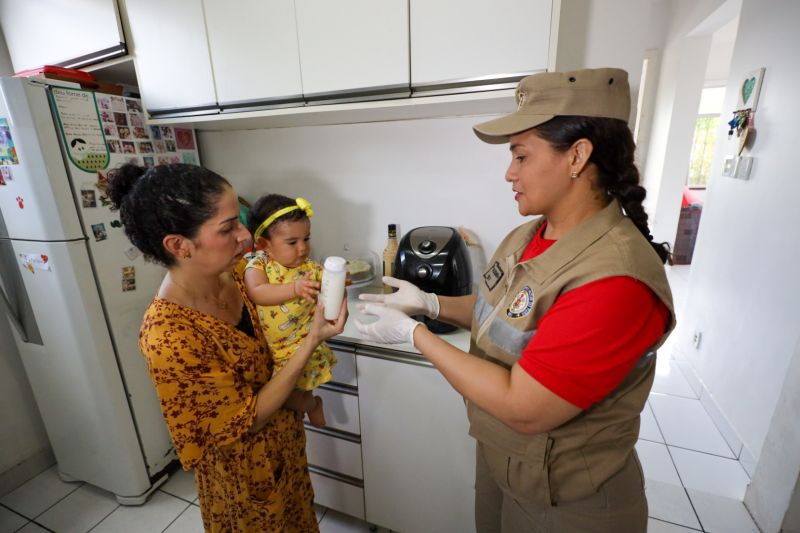
On this Tuesday (6) and Wednesday (7), Pará hosts the World Forum on Human Milk Banks and Climate Change, with the theme "What more can we do? Reflections on experiences in facing health emergencies." The goal is to strengthen the network of milk banks and ensure that the most vulnerable babies have access to the most complete, nutritious, and sustainable food available, human milk.
"It is an honor for Pará to host an international event that brings together representatives from various countries in Belém and strengthens the network of Human Milk Banks. It is an opportunity to highlight the importance of the Milk Bank of Santa Casa, which is a reference in the Northern region for its excellent work in supporting breastfeeding and caring for newborns. In a scenario of significant social and environmental transformations, investing in this network is essential to ensure health, protection, and quality of life for babies and their families," points out Ivete Gadelha Vaz, head of the State Department of Public Health (Sespa).
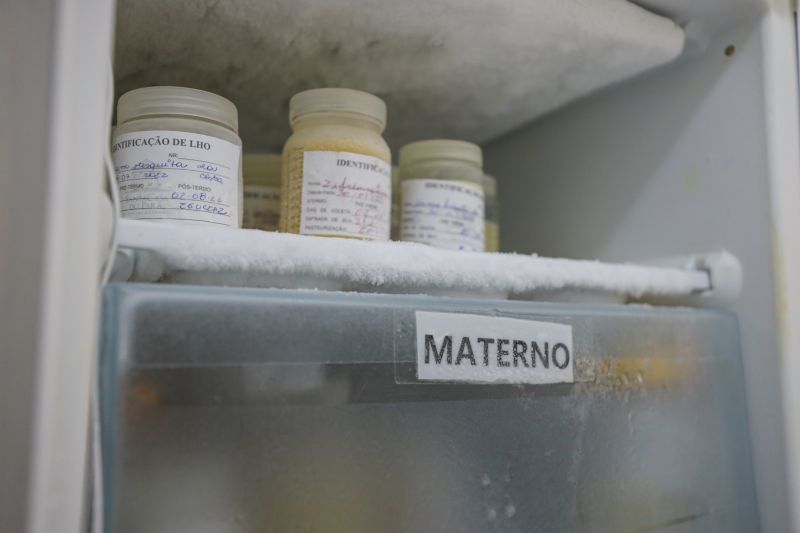
Among the main proposals of the event are: to expand the sharing of experiences from the Brazilian Network of Human Milk Banks (rBLH) in facing health emergencies, with special emphasis on those resulting from climate change; to collectively define a line of action to be worked on after the event; to establish a working group to expand discussions related to the operation of milk banks in the Pan-Amazon; and to officially present the slogan for World Human Milk Donation Day – 2025, to be celebrated on May 19.
Benefits - The Technical Operational Director of the Santa Casa de Misericórdia Foundation of Pará, Maria Alves Belém, emphasizes the importance of breast milk as a determinant for human health, with effects throughout life. In addition to nourishing the baby in the first days and months after birth, human milk, as the gold standard food, can save the lives of newborns, as well as reduce the risks of infectious diseases, prevent malnutrition in its various forms; promote the development of Intelligence Quotient (IQ) and reduce the incidence of non-communicable chronic diseases (NCDs).
"In addition to hosting the United Nations Climate Change Conference (COP 30) this November, the city of Belém will also host this important Forum, which shares with the COP the goal of building a more sustainable and healthy future for all. While the COP seeks global solutions to the climate crisis, milk banks work tirelessly to ensure that the most vulnerable babies have access to the most complete food available. Together, these efforts represent a commitment to the life and well-being of future generations," highlights the director.
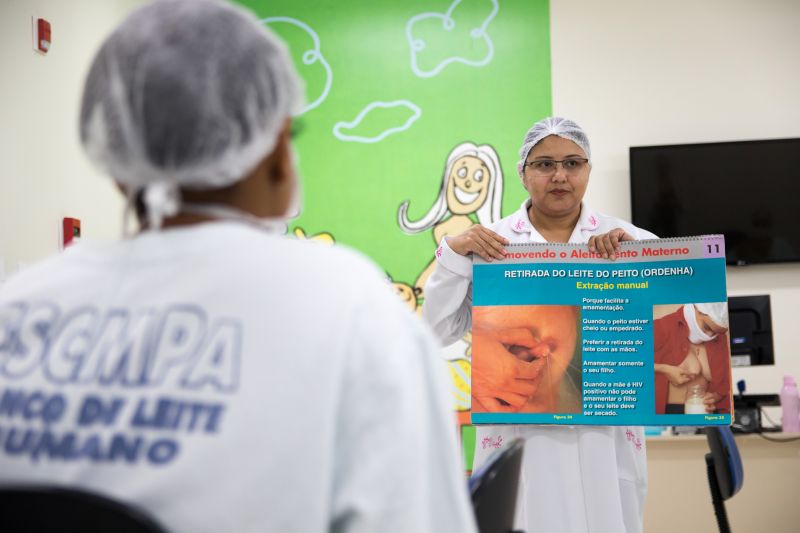
Efficiency - Established in 1987, the Human Milk Bank of Santa Casa do Pará is one of the largest in the country. In 2024, in partnership with the Project Firefighters of Life, 3,100 liters of human milk were collected and 2,500 liters were distributed. In 2025, in the first quarter, 646 liters of human milk were collected and 529 were distributed.
"The Milk Bank of Santa Casa operates with priority activities to support breastfeeding, clinical management of lactation, collection, processing, quality control of human milk, punctures, and distribution, as well as educational actions on breastfeeding. The donation follows a strict quality monitoring criterion so that we can later distribute this milk according to the clinical-nutritional situations of the children, to promote weight gain, growth, and all the properties conferred by this food that protects the health of the child and the woman," assures Cynara Souza, coordinator of the Milk Bank of Santa Casa.
Resident of Parauapebas, in southeastern Pará, Glauciene, mother of Abner, was unable to feed her son with breast milk right after birth and received help from professionals at the Milk Bank in this process. "Another mom helped me by donating milk for my son. I was very grateful because human milk is very important for the growth and development of the baby. I always try to raise awareness among mothers who have plenty of milk that it is very important to make it available for donation, because it will help the children of other mothers, and the mothers themselves, who cannot produce the food," she states.



